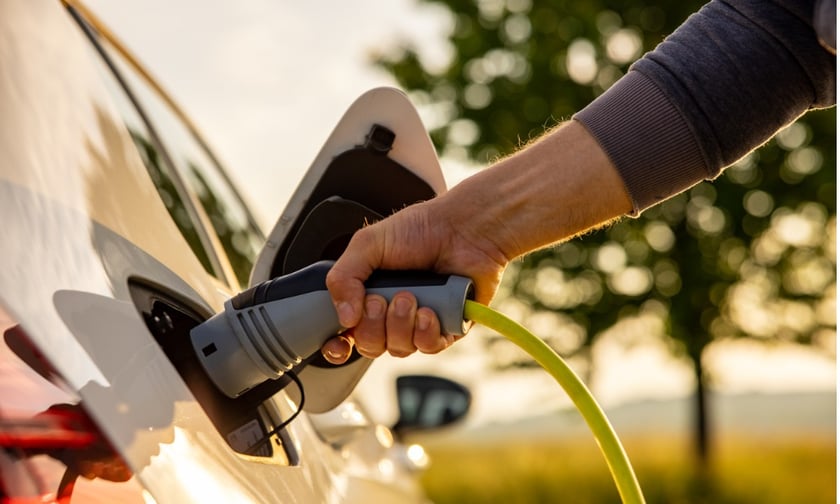

With many Australians switching to electric vehicles (EVs), the Royal Automobile Club of Queensland (RACQ) has teamed up with the Queensland government to establish seven fast charging sites for EVs across the state.
“Ensuring no Queenslander is left behind in the transition to more sustainable transport is crucial, and that means investing in charging infrastructure,” said RACQ head of public policy Dr Michael Kan. “The Queensland government co-funding program is set to see 46 charging sites across more than 30 mostly regional locations up and running by the end of 2024.”
The Australian Automobile Association's (AAA) latest EV Index has revealed an influx of new EV models in the Australian market over the past 12 months.
The EV Index provides data on Australia's vehicle technology transition using information from multiple national, state, and territory sources, including the Federal Chamber of Automotive Industries (FCAI). It enables consumers, businesses, and fleet managers to see the trends transforming the Australian vehicle market.
In the June 2023 quarter, battery EVs (BEVs) outsold petrol hybrids in Australia in the new light vehicle market, with their market penetration doubling between January 31, 2022, and 2023 (from 0.18% to 0.38%).
Cairns and Townsville switched to EVs faster than any other areas in Queensland, with registration jumping by over 500% in the past two years.
Dr Kane said the influx of new EV models in Australia drove down prices through competition.
“More recently, we've seen state government rebates increased for new EV purchases, and in January 2023, the federal government brought in Fringe Benefit Tax exemptions on novated leasing for EVs,” Dr Kane said. “These things will continue to make EVs more affordable for motorists who want to drive cleaner and safer cars.”
However, many Queenslanders are still mulling over switching to EVs, with range anxiety one factor holding them back, according to RACQ.
